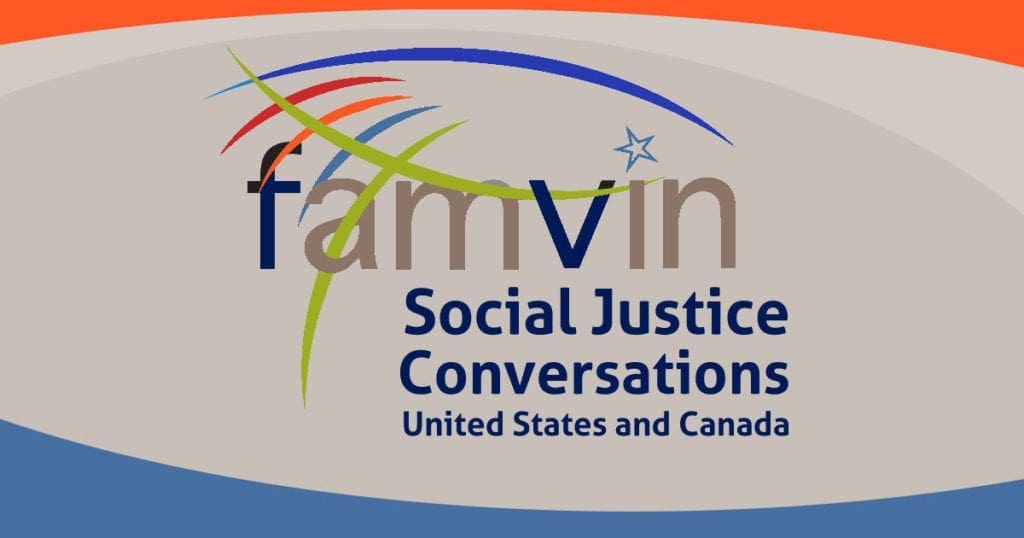“Love is creative even to infinity.” Those words of St. Vincent are frequently quoted to remind us to show love to others. St. Vincent spoke them initially to a dying brother, encouraging him about God’s tender love, manifest in Jesus instituting the Eucharist as an expression of that tender love and mercy.

Recalling that expression of St. Vincent and its context reminded me of a Document recently promulgated by Pope Francis in June, 2022. The document is titled “Desiderio desideravi.” He uses those Latin words because they draw us to the introduction of the Last Supper in Mark’s Gospel where Jesus declares “I have earnestly desired to eat this Passover with you before I suffer.” (Lk 22,15 and document #1)
Pope Francis goes on to state that Jesus instituted the Eucharist as a surprise to the simple apostoles, “showing them that the immensity of the gift and the smallness of the one who receives it is infinite.” He goes on add that “all had been drawn there by the burning desire that Jesus had to eat that Passover with them…for this reason that same Suppper will be made present in the celebration of the Eucharist until he returns again.” (#4)
Pope Francis also declares “Before our response to his invitation—well before—there is his desire for us. We may not even be aware of it but every time we go to Mass, the first reason is that we are drawn there by his desire for us.”(6)
Pope Francis makes a very important declaration of the relationship between the Eucharist and the Second Vatican Council. He affirms that “. … If the liturgy is “the summit toward which the activity of the Church is directed, and at the same time the font from which all her power flows,” (Sacrosanctum Concilium, n. 10), well then, we can understand what is at stake in the liturgical question. It would be trivial to read the tensions, unfortunately present around the celebration, as a simple divergence between different tastes concerning a particular ritual form. The problematic is primarily ecclesiological. I do not see how it is possible to say that one recognizes the validity of the Council — though it amazes me that a Catholic might presume not to do so — and at the same time not accept the liturgical reform born out of Sacrosanctum Concilium, a document that expresses the reality of the Liturgy intimately joined to the vision of Church so admirably described in Lumen gentium. For this reason, as I already expressed in my letter to all the bishops, I have felt it my duty to affirm that “The liturgical books promulgated by Saint Paul VI and Saint John Paul II, in conformity with the decrees of Vatican Council II, are the unique expression of the lex orandi of the Roman Rite.” (Motu Proprio Traditionis custodes, art 1)
Pope Francis shows throughout this document well worth praying and studying how important is the celebration of the Eucharist as renewed at the Second Vatican Council. He also affirms that God’s infinite gift to us of the Eucharist calls us to keep our focus, not on distracting diversions about taste but on why we celebrate the Eucharist, to draw deeper into the mystery of God’s infinite love for all of us creative to infinity.







0 Comments